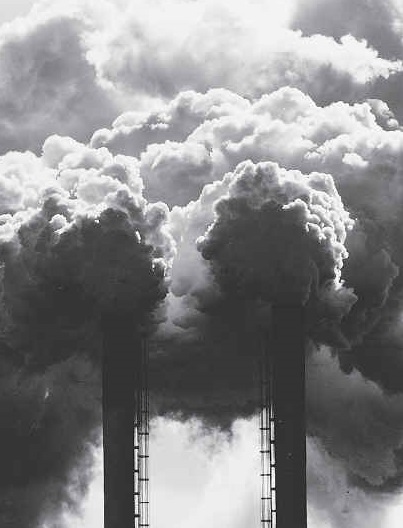Air quality set to slide
 The World Meteorological Organization (WMO) says that as the climate changes, global air quality is set to take a hit.
The World Meteorological Organization (WMO) says that as the climate changes, global air quality is set to take a hit.
A new report from the WMO says an anticipated rise in the frequency, intensity and duration of heatwaves and an associated increase in wildfires this century is likely to worsen air quality, harming human health and ecosystems.
The interaction between pollution and climate change will impose an additional “climate penalty” for hundreds of millions of people, the annual WMO Air Quality and Climate Bulletin says.
“As the globe warms, wildfires and associated air pollution are expected to increase, even under a low emissions scenario. In addition to human health impacts, this will also affect ecosystems as air pollutants settle from the atmosphere to Earth’s surface,” says WMO Secretary-General Professor Petteri Taalas.
“We have seen this in the heatwaves in Europe and China this year when stable high atmospheric conditions, sunlight and low wind speeds were conducive to high pollution levels,” Dr Taalas says.
“This is a foretaste of the future because we expect a further increase in the frequency, intensity and duration of heatwaves, which could lead to even worse air quality, a phenomenon known as the “climate penalty,” he said.
The “climate penalty” refers specifically to the climate change amplification effect on ground-level ozone production, which negatively impacts the air people breathe.
The regions with the strongest projected climate penalty – mainly in Asia - are home to roughly one quarter of the world's population.
Climate change could exacerbate surface ozone pollution episodes, leading to detrimental health impacts for hundreds of millions of people.
The bulletin is based on input from experts in WMO’s Global Atmosphere Watch network which monitors air quality and greenhouse gas concentrations and so can quantify the efficacy of the policies designed to limit climate change and improve air quality.
Air quality and climate are interconnected because the chemical species that lead to a degradation in air quality are normally co-emitted with greenhouse gases. Thus, changes in one inevitably cause changes in the other.
The combustion of fossil fuels (a major source of carbon dioxide (CO2)) also emits nitrogen oxide (NO), which can react with sunlight to lead to the formation of ozone and nitrate aerosols.
Air quality in turn affects ecosystem health via atmospheric deposition (as air pollutants settle from the atmosphere to Earth’s surface).
Deposition of nitrogen, sulphur and ozone can negatively affect the services provided by natural ecosystems such as clean water, biodiversity, and carbon storage, and can impact crop yields in agricultural systems.








 Print
Print